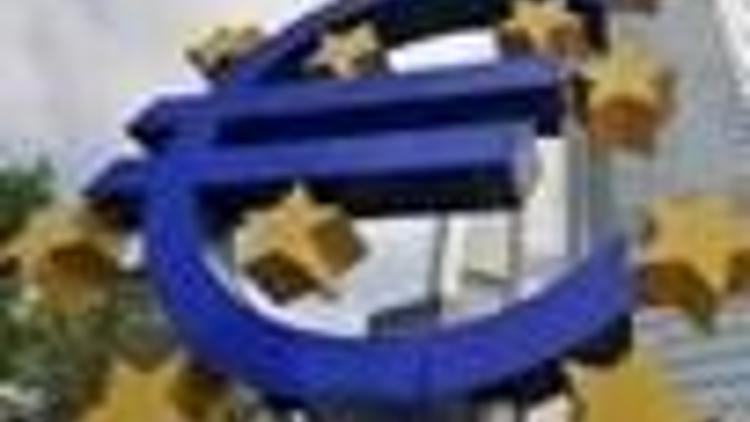Trichet says ECB considers cutting rates
Güncelleme Tarihi:

European Central Bank president Jean-Claude Trichet said Thursday that the ECB governing council had discussed a possible cut in interest rates, after it had left its main lending rate unchanged at 4.25 percent. (UPDATED)
Despite growing pressure from the international banking crisis and slumping eurozone economies, "We have examined two options," Trichet told a press conference in
"One, letting interest rates unchanged, another one decreasing interest rates."
The European Central Bank left its main lending rate unchanged at 4.25 percent, despite growing pressure from the international banking crisis and slumping eurozone economies.
Worries that higher wages could stoke inflation were believed to have helped convince ECB governors that the time was not yet ripe for a rate cut.
"Grave ECB concerns about rising wage inflation still make the bank reluctant to take the risk of cutting 'too soon'," Bank of America economist Gilles Moec had said ahead of the announcement.
Royal Bank of Scotland economist Dario Perkins said that weakening economic growth and lower oil prices "will be sufficient to warrant a reduction in interest rates next spring," in the northern hemisphere, AFP reported.
The widely expected decision left the bank's other key rates -- the deposit rate and the marginal lending rate -- unchanged at 3.25 percent and 5.25 percent respectively.
Pressure on the bank to act might also have eased following the U.S. Senate's passage of a 700-million-dollar (500-million-euro) rescue package for banks that it was hoped would calm nervous markets.
That legislation must still be approved by the House of Representatives, however.
ECB policymakers focus on inflation, which has eased to 3.6 percent but is still way above the bank's target of just below 2 percent.
Manufacturing activity fell again in September according to a key purchasing managers' index that languished in contraction territory for the fourth month running.
Unemployment has also started to creep back up in many eurozone countries.
UniCredit Markets economist Aurelio Maccario said that "Trichet faces a tough job" when he speaks with media in balancing the need to acknowledge growth risks while keeping the focus on price stability, AFP also reported.
"As inflation slows sharply, the ECB's full attention should turn to the weakness of the real economy," Capital Economics economist Jennifer McKeown told AFP.
Central banks including the ECB and U.S. Federal Reserve have thrown lifelines to interbank money markets by pumping huge amounts of cash in a bid to keep credit flowing but those operations cannot resolve the crisis.
The Fed's key interest rate now stands at 2 percent meanwhile, which does not leave it much room for maneuver to the downside.
Many observers say the worst financial crisis since the 1930s Great Depression will only begin to improve when commercial banks regain enough faith in each other to begin lending on interbank markets again.
Against the backdrop of financial turmoil, analysts will listen closely for what Trichet tells media about the bank's monetary policy and the economic outlook in general.
Photo: AFP

